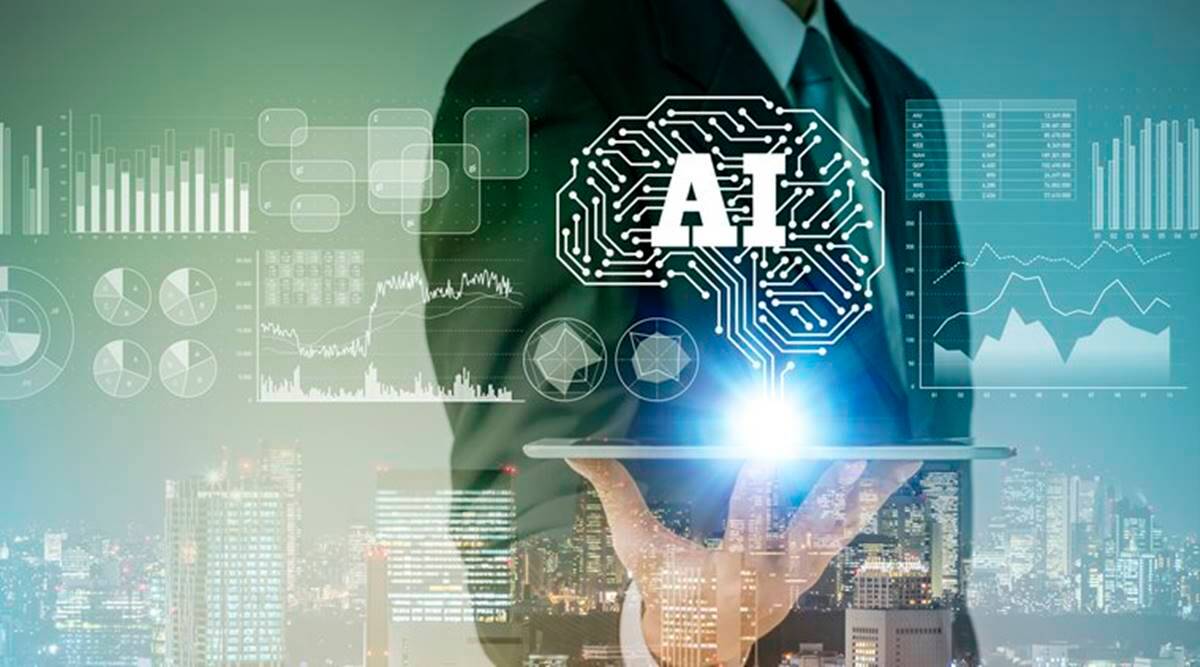
Today, Artificial Intelligence (AI) is part of our lives. We see AI everywhere we go, from taking photos, parking systems and personal assistance. We even see AI changing how we use and enjoy social media. It is impacting different industries, with education being the most affected one.
The education landscape has transitioned a lot. With the invention of Artificial Intelligence in e-learning, things are bound to take another direction. As Sir Peter Birkett confirms, the education sector is fast-changing, and educators need to keep up with the pace. Here are five ways in which AI impacts the education sector.
- Smart content
Education goes hand in hand with smart content, which is an essential topic in the industry today. Today, robots can quickly produce digital content of similar or better quality than those produced by essay writing services.
Innovative content has now sneaked into the classroom, and some of the content includes video lectures, video conferencing, and customized textbooks. To help students of all ages and grades, textbooks are now being digitalized by AI technology.
- Personalized Learning
AI is changing the education sector in many ways, and personalized learning is one of them. The kind of personalized recommendations being applied on Netflix is the same thing being utilized in classrooms today.
Ideally, the traditional education syllabus is designed to cater to 80% of the middle students. However, most students are struggling to attain their full potential in class.
By adopting AI personalized learning, educators can offer personalized recommendations to each pupil and help them learn fast. AI personalized learning ensures that every student gets the best possible assistance through customized in-class assignments and final exams.
- Virtual learning
AI mainly powers the digitized textbooks that students can access from different devices. Students can access digitized textbooks from their mobile phones and laptops anywhere and access tones of learning materials.
For students learning from home, or those who cannot attend regular classes because of health issues, digitized textbooks help them a lot. It also enables international students to study some courses that are not available in their resident countries.
This opens opportunities for many students to pursue their dreams. Virtual learning platforms can also translate learning materials into different languages facilitating learning.
- Student assistance
Students attending regular classes have to wait until their professors show up to answer their questions. However, today things have changed. There are online chatbots that students can ask questions and get answers instantly. These chatbots are AI-powered and can resolve students’ questions without having to wait for their professors to show up.
Chatbots serve as real-time personal assistance that students can access from any device right in the comfort of their study rooms. They also enable students to get fast, accurate, and relevant answers to difficult questions, enhancing learning.
- Facial Recognition
AI is also transforming the traditional education landscape through facial recognition. Today, there are AI-powered facial scans that learning institutions can use to identify students, thereby eliminating the need for student IDs.
For instance, when students want to have lunch in school canteens or borrow a book from the library, they don’t have to show their IDs. This also ensures fast delivery of services to students.





